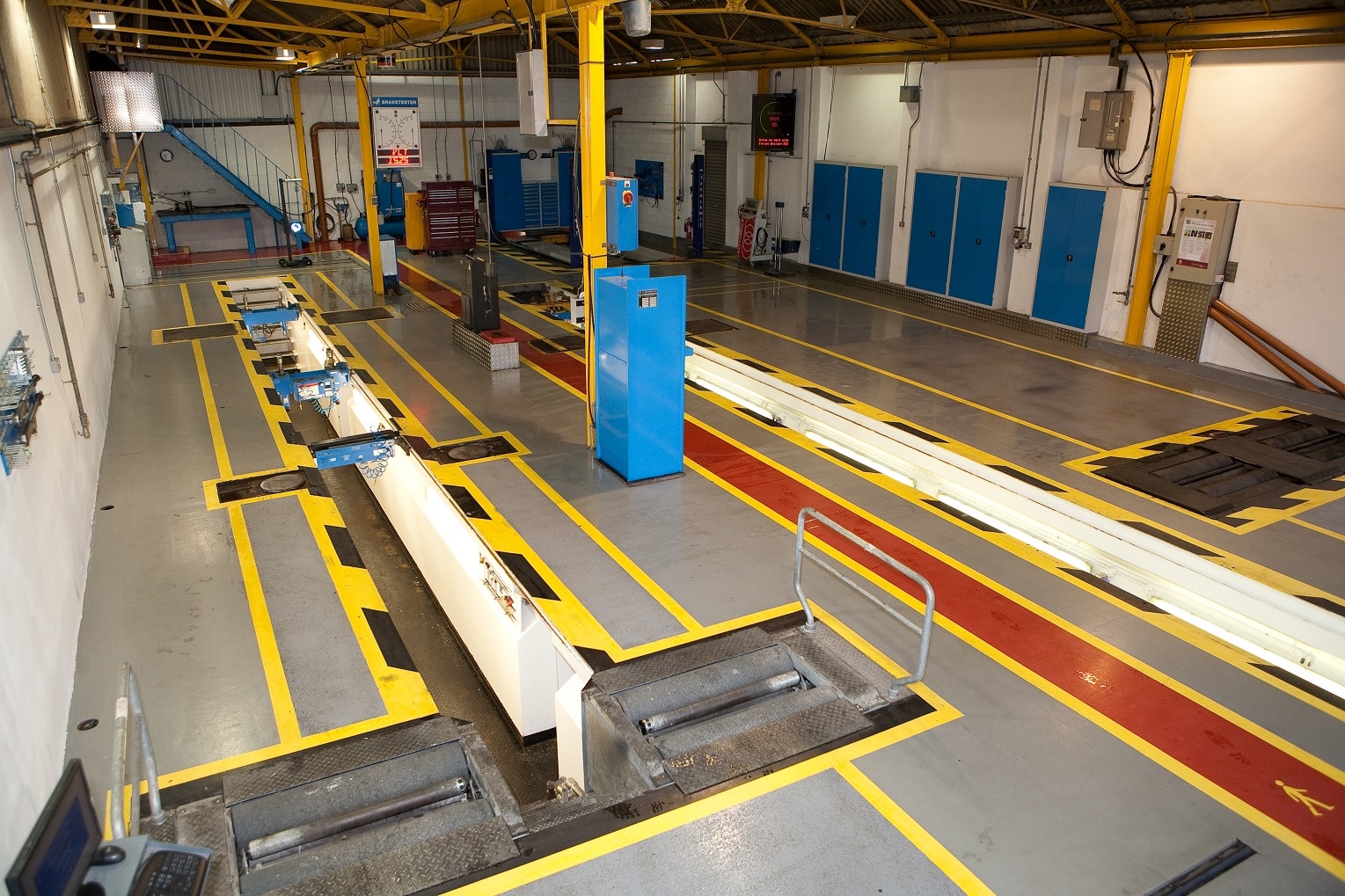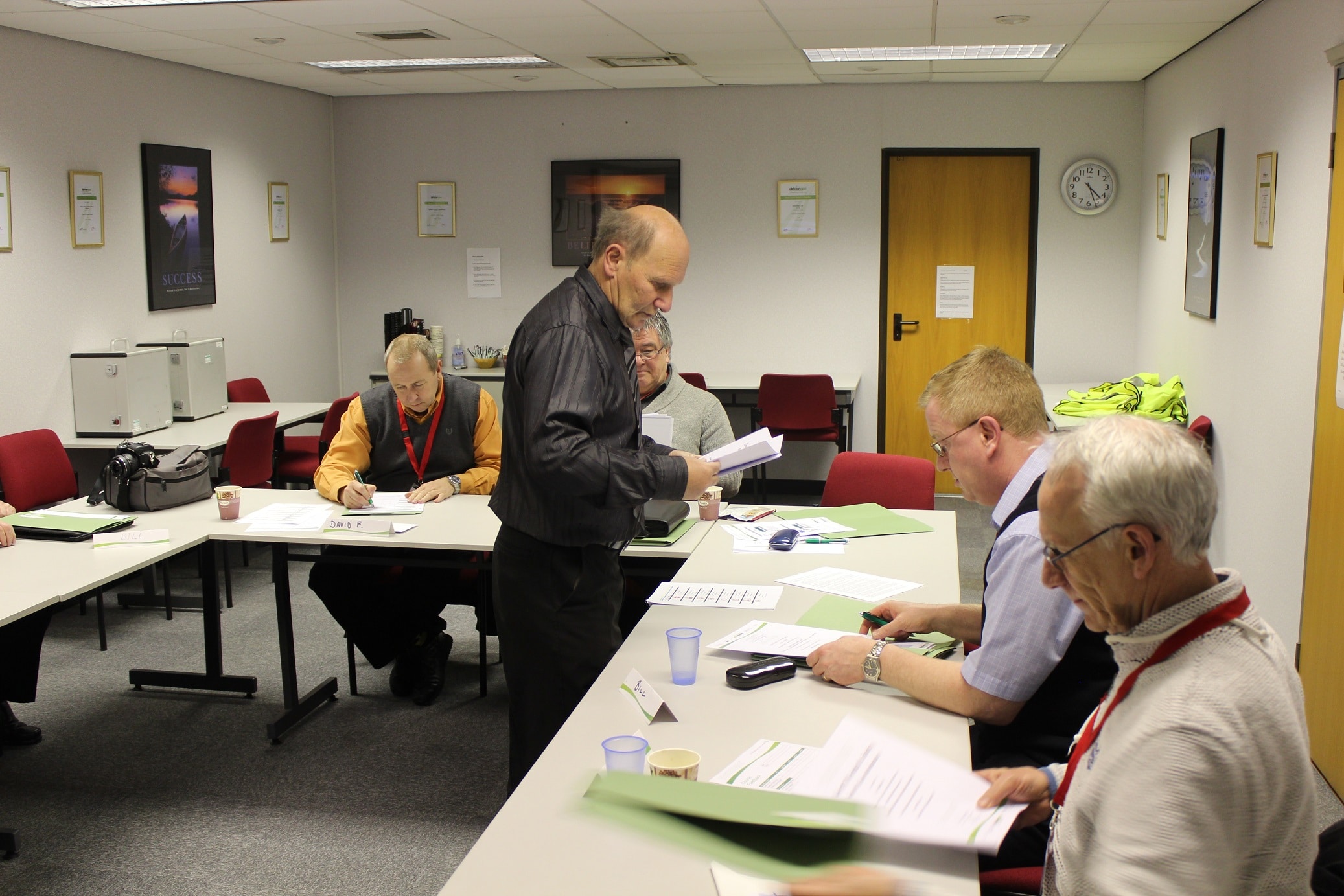Obtaining vehicle test appointments has become a point of major concern for many operators. Complaints in some regions have been common for years, but during 2021 the extent of them has become almost universal.
In the Midlands, one used coach dealership recently observed that a vehicle’s remaining time until test now often forms part of customers’ enquiries. Meanwhile, an operator that is familiar with difficulties in obtaining appointments reports that industry peers are increasingly desperate to find slots. In some cases, they travel significant distances to do so.
That operator has argued that the service being delivered by DVSA is not good enough. In some cases, it is hindering the coach industry’s ability to recover from the COVID-19 pandemic. What is being done to put that right?
DVSA hopes for August 2022 heavy vehicle testing roadmap
DVSA acknowledges that difficulties finding test appointments have increased in recent months. Work is ongoing to both mitigate that in the short term and, over a longer period, to reform the heavy vehicle testing regime. The basis for much of the latter is the Heavy Vehicle Testing Review (HVTR) and a final report on that examination, which was published in March.
While it promised much, results of the Review were greeted with disdain by the Authorised Testing Facility Operators Association (ATFOA). Its verdict was that “whitewash is perhaps the right description” for the report. ATFOA had long called for delegated testing, which would see a suitably qualified ATF employee conduct the process, not a DVSA Vehicle Standards Assessor (VSA). The HVTR report ended those hopes, at least in the medium-term, much to ATFOA’s disappointment.
However, the report did make various recommendations to improve service delivery. DVSA Head of Vehicle Policy and Engineering Neil Barlow recently said that he wants the Agency, in collaboration with industry, to have addressed all of those by August 2022.
That means DVSA will “have either implemented a solution or have a clear view about where [it is] going” for each of the recommendations raised by the report. As part of that response, the Agency is currently seeking operators to participate in various focus group events that are to be held.
The HVTR report highlights that many of the current woes were caused or exacerbated by a five-month stoppage in testing during the early part of the COVID-19 pandemic. That led to a “significant backlog,” for which exemptions of various terms were introduced as a mitigatory measure.
However, those exemptions led to the spread through the year of when vehicles fall due for test going awry. DVSA accepts that as the root cause of the current increased pressure on appointments at ATFs. It recently disclosed to routeone more information about what it is doing to improve the testing regime, and how it is working with the recommendations raised by the HVTR.
‘Skewed timing’ acknowledgement from DVSA for testing difficulties
Potentially the measure that requires least work in the background is settling the peaks in test expiry dates that have developed since 2020. Earlier this year, DVSA warned operators that demand for appointments from August onwards was likely to be high. It asked those who could, to consider bringing forward bookings that would fall due in those months.
“The programme of exemptions has skewed the timing of test due dates from their normal profile, this being an inevitable consequence of the pause in testing in 2020,” says a spokesperson. They add that DVSA has “made testing staff available to meet demand,” although some operators’ experience does not agree with that assertion.
In total, over 55,000 heavy vehicles that were due for post-exemptions test between August and November were instead processed between May and July. However, DVSA acknowledges that some operators did not, or could not, submit theirs earlier.
It is now encouraging all business with vehicles that saw their due dates change over the course of the pandemic to return them to their original months to help remove the autumn peak.
What of increased DVSA resources for testing?
But while DVSA is encouraging operators to do their bit to help solve the crisis, those businesses are at the same time looking to the Agency with an expectation that it acts decisively.
In June, DVSA ended a four-year “temporary” moratorium on the acceptance of applications for new ATFs, although that relaxation came with caveats. Most of those conditions were location-based, with one including a stipulation that the proposed new ATF “must significantly improve the service to heavy vehicle operators, by reduced journey times or other efficiency benefits.”
DVSA says that 38 applications have since been received for new ATFs, “with more undergoing assessment and at various stages in the approval process.” There are otherwise 575 ATFs in operation. While growing that number may sound attractive, the HVTR report points out that doing so would come with no guarantee that the total number of test slots will do the same. That is because of human resource constraints at DVSA, it adds.
The report also cautions that increased testing fees could be necessary if the number of ATFs grows. Even if the overall volume of heavy vehicles tested did not rise under that circumstance, Vehicle Standards Assessors’ efficiency would potentially reduce, it observes, something that must be paid for.
When questioned on its pool of testers, DVSA says that it has “ongoing programmes of recruitment throughout the year that help [to] keep our numbers of VSAs at the right level.” It currently has 467 fully trained Assessors, with some new entrants to start early in 2022. Additionally, around 40 apprentices are at various stages of training.
A notable further point raised by the spokesperson regards competition between ATFs. DVSA wishes to see them “better compete with each other.” To facilitate that, it is currently “doing further work in response to the HVTR to look at how we can grow [VSA] numbers further,” which the Agency says will also deliver a “more flexible service to vehicle operators.”
ER members to see extended test intervals?
One of the key questions raised in the HVTR report was whether operators that are members of Earned Recognition (ER) should benefit from extended testing intervals for their vehicles. The document notes that ER members have already “demonstrated that their maintenance standards are exemplary,” and it says that such a step would “have the effect of increasing flexibility in the [testing] system.”
To support that, the report outlines how in 2018/19, PSV members of ER recorded an initial test failure rate of 2.5%. That compares to 6.0% for PSV operators with a green Operator Compliance Risk Score (OCRS) rating, and 21.1% for those in the amber OCRS band.
At the time of writing, 81 PSV O-Licences were listed as ER members. Multiple other operators have indicated interest in joining the scheme. In its recent comments, DVSA gave hope that this proposal will go forward. The Agency notes that while legislative change would be required to amend how the testing regime is applied to ER members, it is working closely with those businesses and the Department for Transport on the recommendation and the options around it.
“We intend to discuss worked up options with ministers next year,” says the spokesperson. “We are keen to invest the effort in making sure that we get to an option that works well for all and preserves road safety outcomes.”
Is this enough to repair a broken system?
DVSA’s intent to examine options around extended vehicle test intervals for ER members is a positive step, but the proof – as with its other work – will be in the pudding. In the meantime, it is keen to underline the steps that operators can take in helping it to return the heavy vehicle testing regime to something like a state of equilibrium.
It points to the online Find an ATF service, which can help to source an appointment when normal channels are exhausted, although if the only fruits of that are some distance away, the additional cost will not be appreciated.
News that additional testers will start work early next year will also be welcome. But wider comments made by DVSA show that the task of expanding the ATF network, and then fully servicing it, will be a much longer-term undertaking.
Work is clearly being done to implement long-term change in heavy vehicle testing. Whether it is enough to repair a broken system is not clear. But more obvious in the meantime is that there remains bumpy territory ahead for what should be the baseline task of proving a vehicle’s roadworthiness.



























